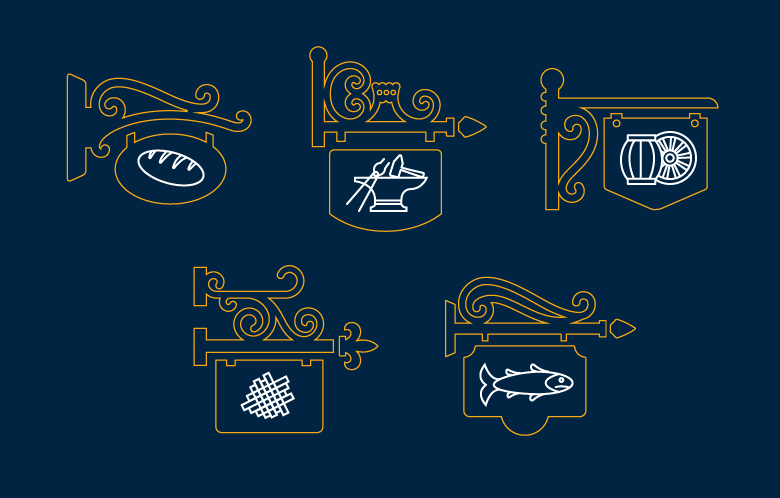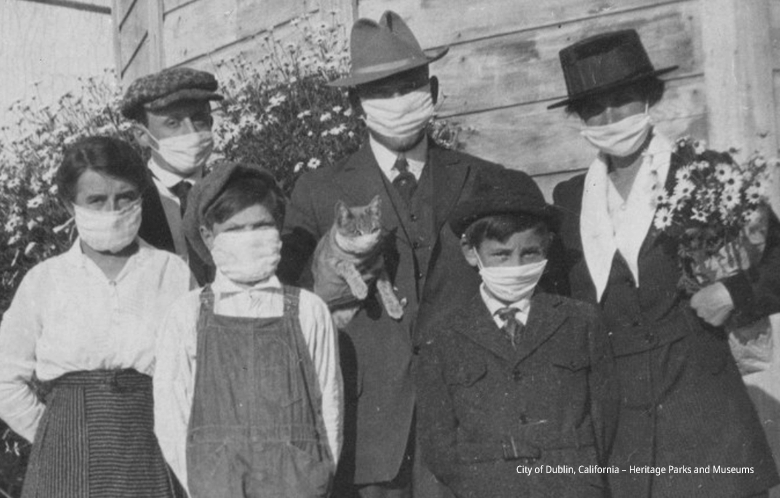A surname is the part of a person’s name that is passed down from generation to generation. Many cultures followed different customs. In Greece and Slavic countries, males and females are given different variations of the same family name. Until the 19th century, Dutch and Swedish families used patronymics, the practice of calling a person the “son of” or “daughter of” their father.
In other cultures, ancestral surnames were inspired by a person’s physical characteristics such as Short, Armstrong and Swift. Surnames could also be based on the location where one was born, lived, worked or owned land. Some surnames referenced geographical features, such as Bridges, Fields and Woods. Finally, surnames were often based on the individual’s occupation, such as Baker, Cooper, Fisher, Smith and Weaver.
In traditional Western culture, children inherit their father’s last name. In recent years, however, more women are retaining their maiden names, and children are not automatically given their father’s last name. According to the 2010 Census, the most common surnames in the United States were as follows:
- Smith
- Johnson
- Williams
- Brown
- Jones
- Garcia
- Miller
- Davis
- Rodriguez
- Martinez
The history of family surnames is as varied as it is fascinating. MyHeritage Library Edition contains a variety of searchable databases that include population registers, births and baptisms, marriage records, newspapers, death notices and much more. Librarians can also share links to the MyHeritage blog, which contains several articles providing background information on the origins of surnames around the world and tips to help library patrons investigating their own family histories. We’ve curated links to the relevant posts below.
- Windmills, Tulips and Wooden Shoes: Researching Dutch Surnames
- What’s in a French Surname?
- German Surnames: Where They Come From and What They Mean
- Italian Surnames: Uncovering the Rich Heritage of the Zeppetelli Family
- Spanish Naming Conventions: Everything You Need to Know
- What’s in a Name? A Guide to Swedish Surnames and Genealogy Research
- Farm Surnames: What They Are and How to Research Them


